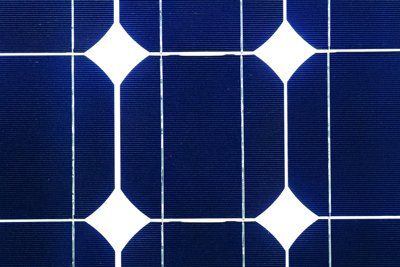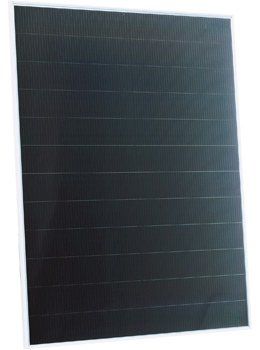PHOTOVOLTAICS
Solar modules
Together with you, we design the right system for every roof and every individual requirement. Let us advise you.
Solar modules for individual locations
There are now a lot of photovoltaic modules from different manufacturers on the market, where the functionality mostly works according to the same principle, but the different solar PV modules find their individual place of use depending on the intended use. Therefore, the question of a very good or the "best" PV module is not so easy to answer and should be planned individually with an expert for PV systems depending on the building project or location. The majority of all solar modules consist of monocrystalline or polycrystalline cell material. So-called thin-film modules are also offered.
In addition to the known crystalline cell technology, a new variant can now be found, namely quasi-monocrystalline. The module technology is sometimes also called mono-multi, virtus wafer, baby maple or quasimono.
All variants also differ in efficiency. The higher the efficiency of a module, the more power can be mounted on an available area. However, this does not mean that a module with a lower degree of efficiency must also have lower prospects of yield per kWp.
What kind of solar modules are there?
Solar modules from our partner companies
Hareon
HR-240/245/250/255/260P-18/Bb
3 high-performance photovoltaic modules made from polycrystalline silicon solar cells with module efficiencies of up to 16.02%
- 3 busbar technology
- cells made of polycrystalline silicon
- module efficiency of up to 16.02%
- guaranteed positive power tolerance from 0 to +5 Wpg
- good temperature coefficients for less power losses at higher temperatures
- high efficiency even with lower irradiation
SharpND-R240 / 245 / 250A5
High-performance photovoltaic modules made from polycrystalline silicon solar cells with module efficiencies of up to 15.2%
- 3 busbar technology
- cells made of polycrystalline silicon
- module efficiency of up to 15.2%
- anti-reflective coating to increase light absorption
- guaranteed positive power tolerance from 0 to +5%
- good temperature coefficients for less power loss at higher temperatures
- high efficiency even with lower irradiation













